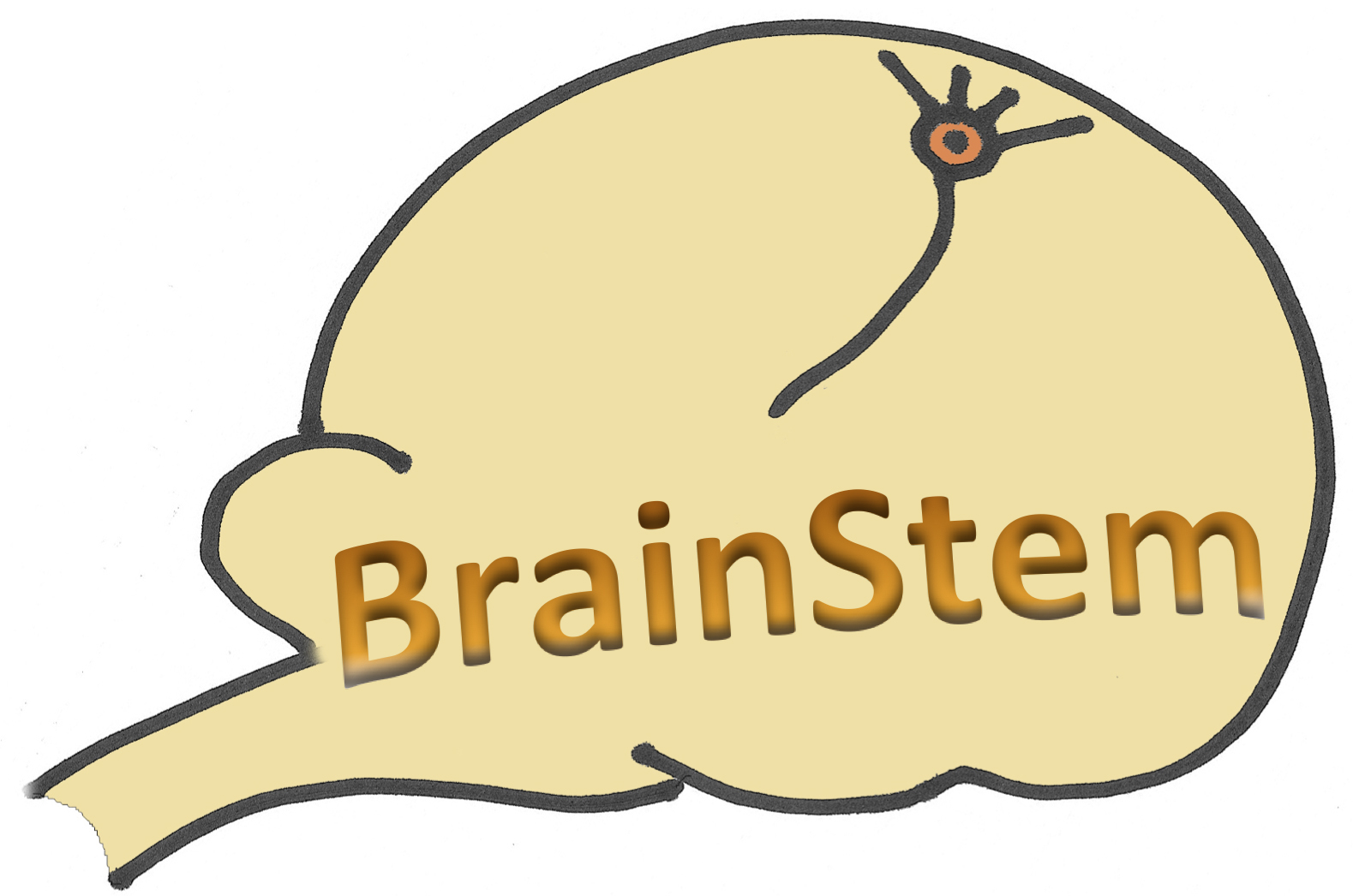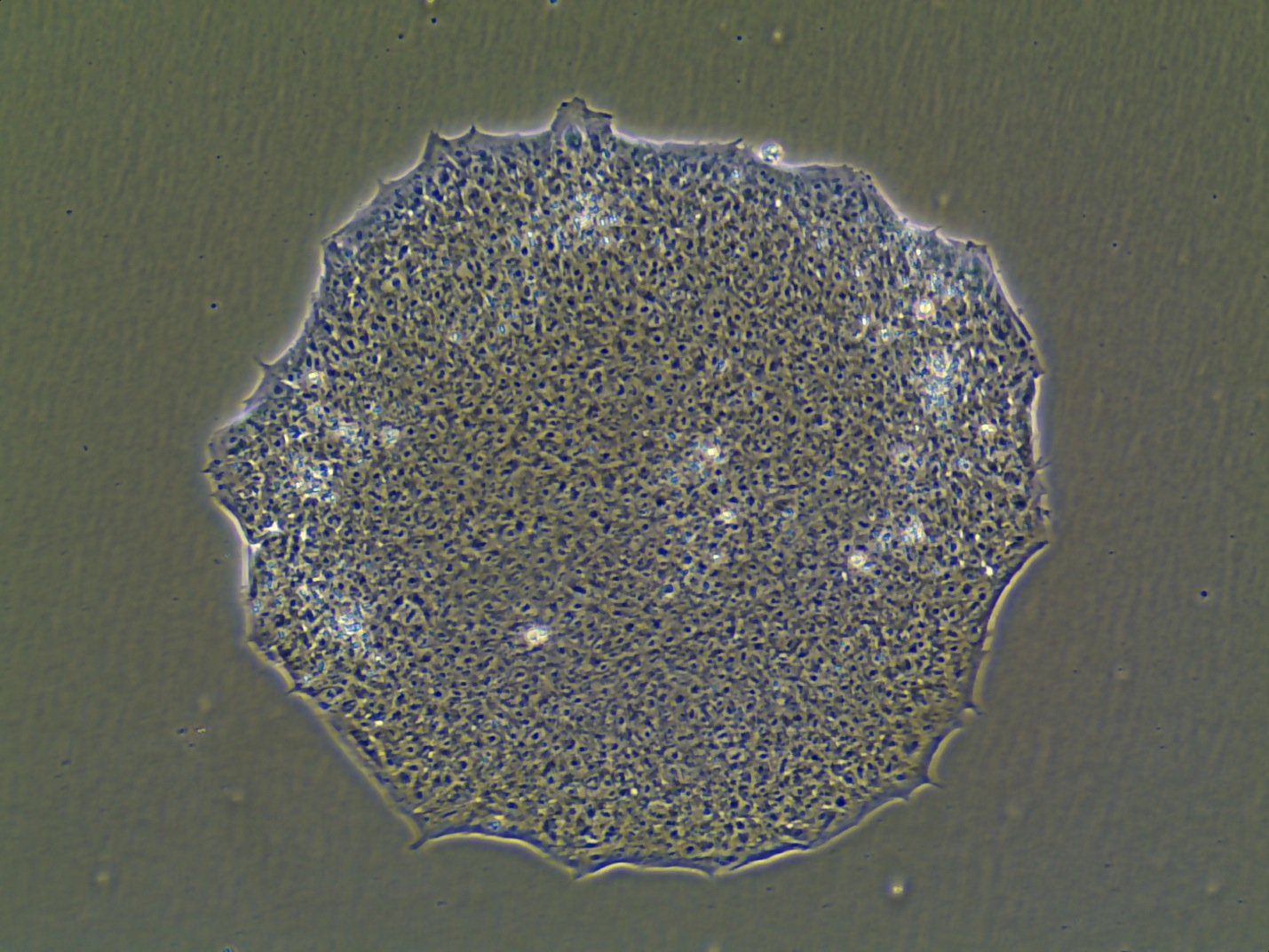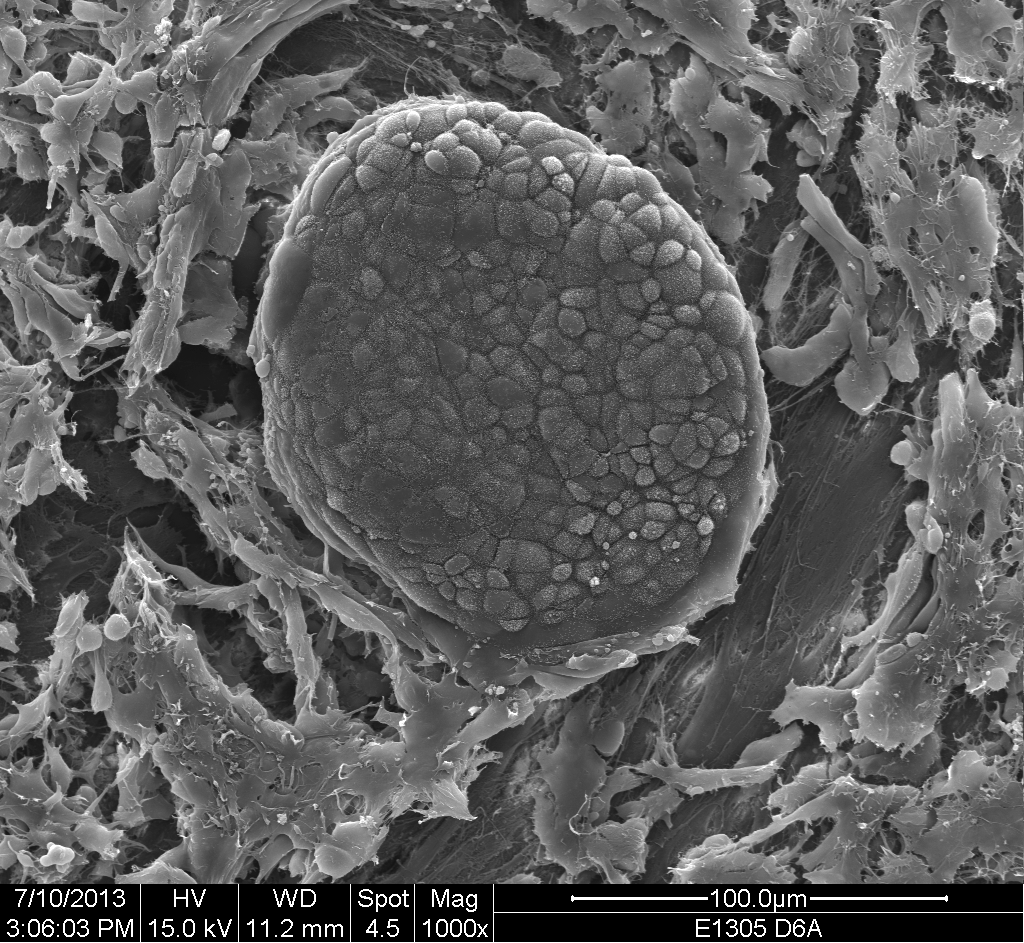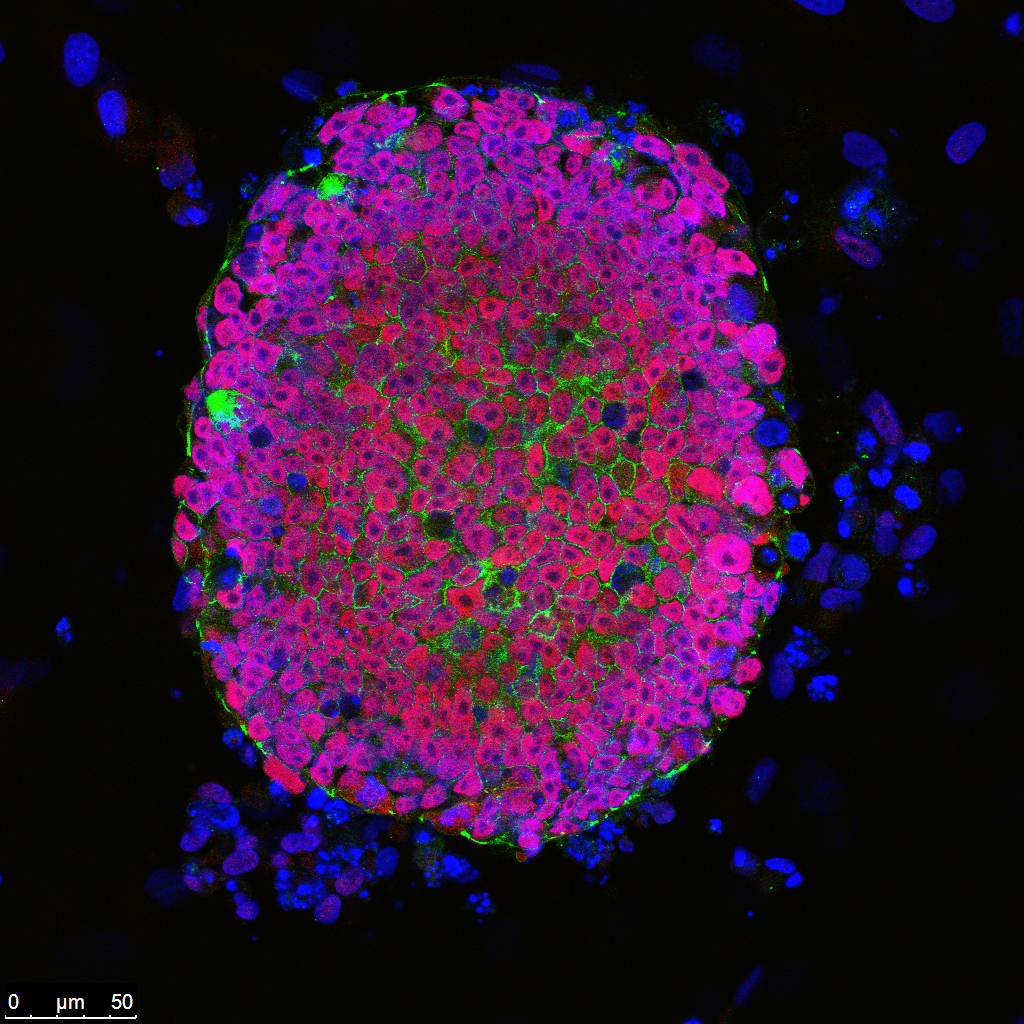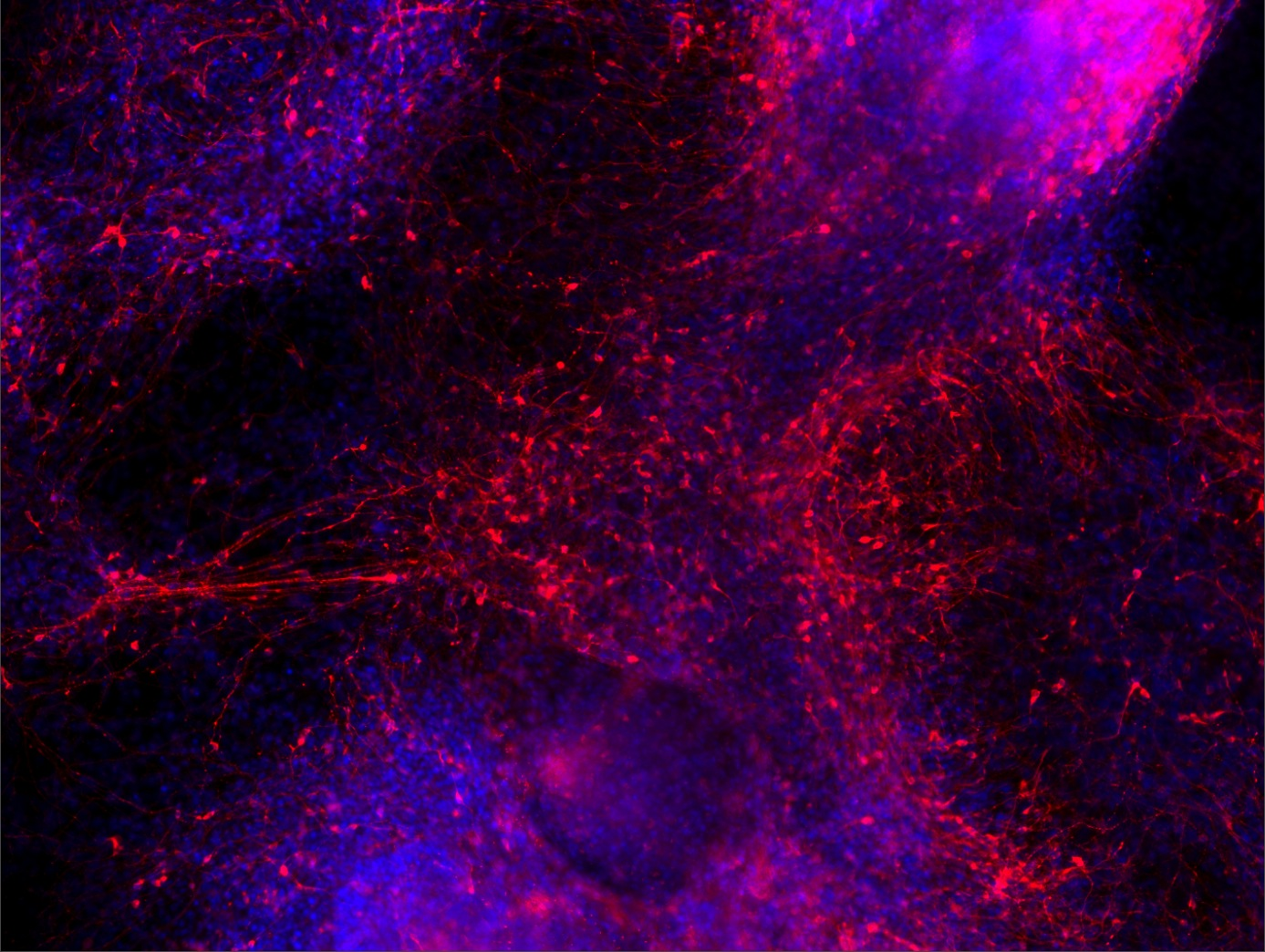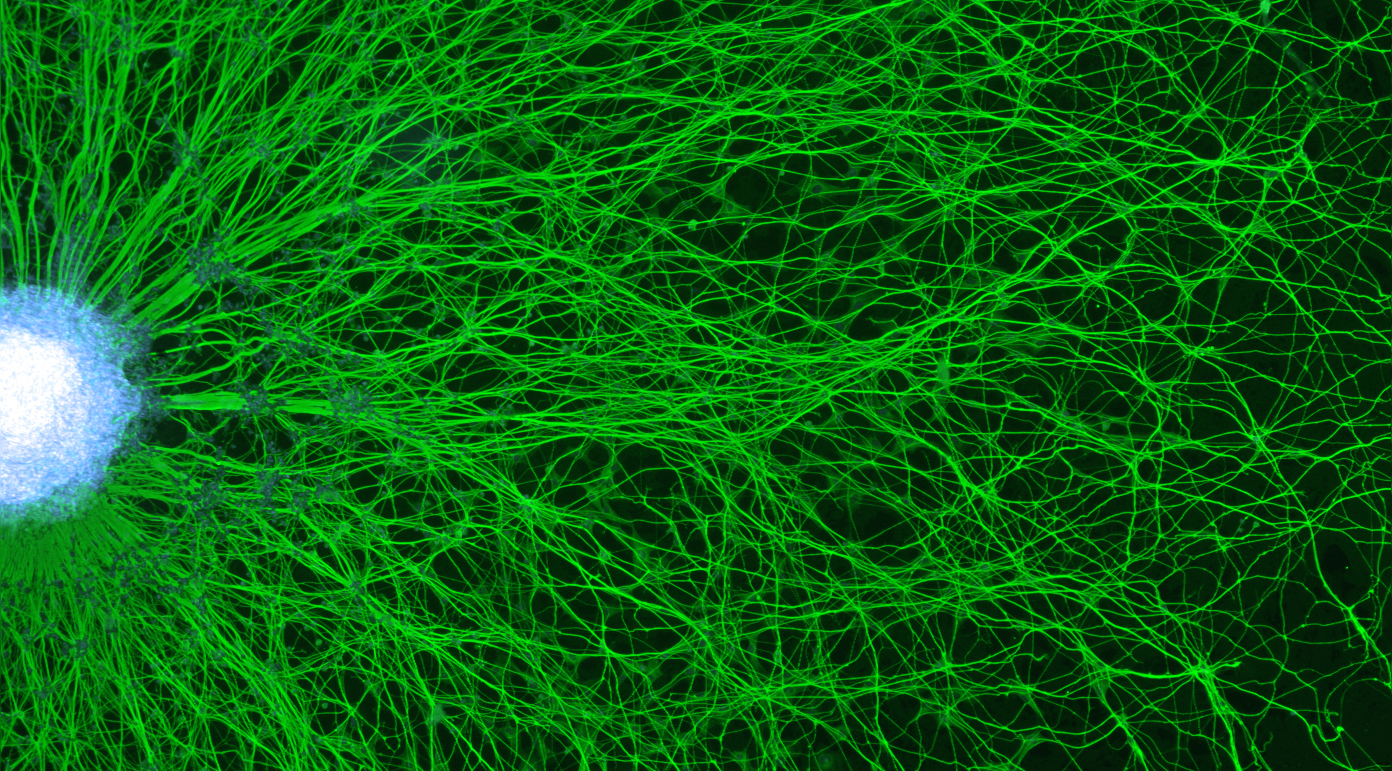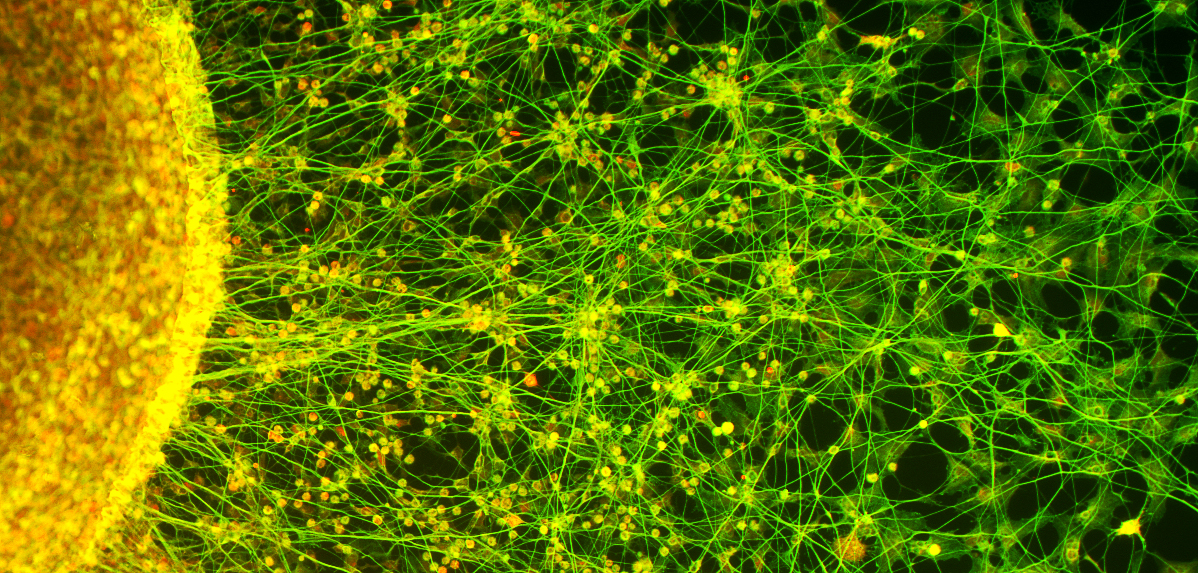People
Groups and Principal Investigators
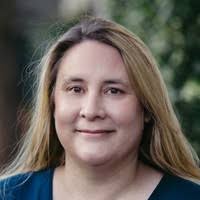
Kristine Freude, Director of BrainStem
The group for Stem cells and modelling of neurodegeneration
University of Copenhagen (UCPH)
The research activities are focused on disease modelling using induced pluripotent stem cells (iPSC) from patients and their CRISPR-Cas9 gene edited controls. Besides neural cell type specific pathologies the aim is to understand overlapping dysfunctions amongst different types of dementia. It is the belief that a comprehensive understanding of such molecular commonalities may provide opportunities for novel interventions that are beneficial for an array of related diseases facilitating cost effective drug development.
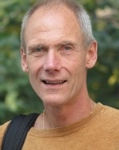
Poul Hyttel, Senior Advisor of BrainStem
The Group for Stem Cells and Embryology
University of Copenhagen (UCPH)
The Group for Stem Cells and Embryology holds internationally well-recognized competences in molecular embryology and stem cell biology with special focus on induced pluripotent stem cells (iPSCs) in human and pig. Poul Hyttel is the Senior Advisor of BrainStem and has strong expertise in the management of large-scale projects supported by Danish funding agencies (e.g. Research Councils and Danish National Advanced Technology Foundation, HTF) as well as the EU (e.g. coordinator of the FP7 IAPP STEMMAD).
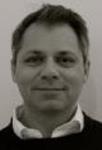
The Bioinformatics Group, Center for non-coding RNA in Technology and Health (RTH)
University of Copenhagen (UCPH)
The group aims at developing computational as well as experimental technologies for analysis of the mammalian genome and transcriptome in relation to diseases. The group has focus on non-coding and structured RNA and their (in)direct interplay to each other, proteins, DNA and other molecular components of the cell.

The Group for Bioethics, Department of Food and Resource Economics
University of Copenhagen (UCPH)
This group has a strong, internationally recognized profile in conducting studies regarding ethical issues relating to the development and use of modern biotechnology, combining perspectives from bioethics, sociology, and law in close collaboration with natural science. Managerial experiences from numerous national and EU funded activities.

The Danish Research Institute of Translational Neuroscience (DANDRITE), Stem Cell Group
Aarhus University (AU)
The DANDRITE Stem Cell Laboratory is a newly established group at AU with the primary focus on using iPSCs to model neurodegenerative diseases; in particular PD. DANDRITE has extensive expertise in the differentiation and genetic manipulation of iPSCs and transplantation of stem cells into rodent models.
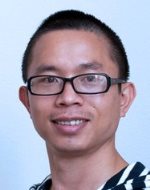
The Group for Genome Editing and Regenerative Medicine, Department of Biomedicine
Aarhus University (AU)
This group holds particular competences in generating genetically edited stem cell and porcine models for studying human diseases using TALENs and CRISPR/Cas9 technologies.
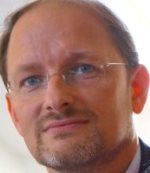
The Group for Stem Cells and Developmental Neurobiology
University of Southern Denmark (SDU)
This group is part of a larger neuroscience research unit with strong international and industrial relations. The current research program is focused on identifying molecular and biochemical signals regulating cell fate decisions. We place particular emphasis on formation of functional dopaminergic neurons with midbrain characteristics - the cell type that degenerates in Parkinson’s disease. Using stem cells derived from patients with Parkinson’s disease (induced pluripotent stem cells) and developing human brain tissue (neural stem cells), our research is intended to advance the understanding of the molecular mechanisms underlying Parkinson’s disease and to contribute to the development of a potential future stem cell therapy.
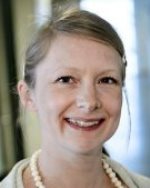
The Group of Human Neural Development (Wallenberg Neuroscience Center and Lund Stem Cell Center)
Lund University (ULUND)
This group specialises in using human pluripotent stem cells for mimicking early human brain development through accurate in vitro control of neural regional patterning. Using microfluidic culturing techniques they work to recreate growth factor patterning gradients in the dish in order to induce the stem cells to spontaneously form a 3D model of the early fetal brain. Furthermore, the group is heavily involved in developing clinical protocols for making midbrain dopaminergic neurons from embryonic stem cell with the aim of performing a clinical transplantation trial in patients with Parkinson’s Disease.
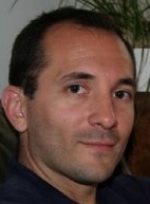
The Stem Cell Laboratory for CNS disease Modelling, Wallenberg Neuroscience Center
Lund University (ULUND)
This group focuses on generating rodent and human cellular models to study region-specific neuronal subtype and glia pathology. The Group specializes in cell engineering and generation of iPSCs from e.g. PD patients, and has a unique expertise in using these cellular models for the screening of chemical libraries.

The Experimental Dementia Research Unit, Wallenberg Neuroscience Center
Lund University (ULUND)
This group has many years' experience studying the molecular pathology of AD using primary rodent and human neurons in culture. The focus of the Group is early synapse dysfunction, and they were first to describe Aβ dependent synaptic alterations in AD transgenic primary neurons.
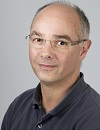
The Danish Dementia Research Centre (DDRC), Rigshospitalet, University of Copenhagen
DDRC, Rigshospitalet, University of Copenhagen
DDRC offers highly specialized diagnosing, counselling and follow-up of families and patients with inherited neurodegenerative disorders as well as immediate translation between clinic and research in the area. DDRC has revealed several important mutations causing familial neurodegeneration including a novel PSEN2 mutation (V393M). Managerial experiences from numerous national and EU funded activities and at present in HTF-funded stem cell consortium with the applicant.

Lundbeck has overall focus on research, development, production, marketing and sale of CNS pharmaceuticals across the world. The Research group is engaged in identifying and validating targets and to develop cell and animal based readouts needed for drug-development. Techniques represented in the group range from molecular biology, biochemistry, cell based assays, in vivo electrophysiology to animal behavior. Managerial experiences from numerous drug discovery projects and at present in HTF-funded stem cell consortium with the applicant.

Bioneer has an overall strategy to develop platforms for early drug discovery based on in vitro models and is appointed iPSC center in the large iPSC banking initiative in EU (EBiSC). Managerial experiences from numerous national and EU funded activities.
